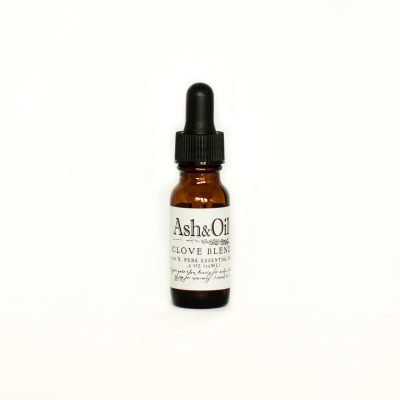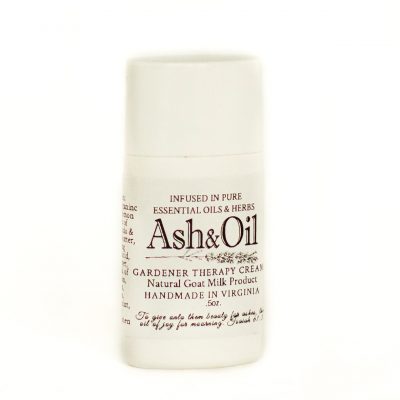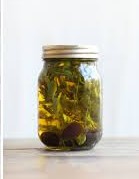Description
Most people are still washing their skin with soap made with water. Switching to soap made with goat milk can make a huge difference. Using goat milk soap has wonderful benefits for people with dry or sensitive skin, or conditions such as eczema and psoriasis. The benefits of soap made with goat milk are numerous! Here is a list:
1. Alpha Hydroxy Acids. Goat milk contains alpha-hydroxy acids such as lactic acid which help remove dead skin cells from your skin’s surface. This leaves new cells on the surface of your skin that are smoother and younger looking. The alpha-hydroxy acids are so effective because they break down the bonds that hold the dead skin cells together. Removing dead skin cells will help many skin conditions by removing irritation. Water-based soaps may use harsh chemical acids to accomplish this, frequently with skin-damaging results.
2. Vitamins. Goat milk contains many vitamins, but is particularly high in Vitamin A, which is necessary to repair damaged skin tissue, and maintain healthy skin. There have been several medical studies showing that creams made with Vitamin A reduce lines and wrinkles, control acne, and provide some psoriasis relief. Water-based soaps can be artificially fortified with vitamins, but most aren’t.
3. Cream. Fat molecules are an important part of making good soap. The cream that is present in goat milk helps boost the moisturizing quality of goat milk soaps. Since many people suffer from dry skin, particularly in the winter months, this is an important quality for soap. Goat milk soap will not dry your skin out like many other soaps. This is important because keeping skin naturally moisturized helps keep skin healthy.
4. Minerals. Goat milk contains important minerals for the skin such as selenium. Selenium is believed by scientists to have an important role in preventing skin cancer. Selenium can also help prevent damage to the skin from excessive time in the sun. Although the water used in other soaps may contain minerals such as calcium, sodium, or iron (commonly found in tap water), that’s not much help when it comes to your skin. (Note: Many areas in the United States have pastures low in selenium.




